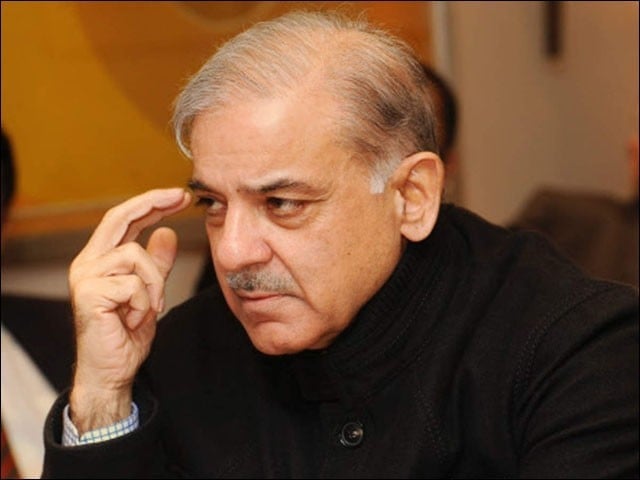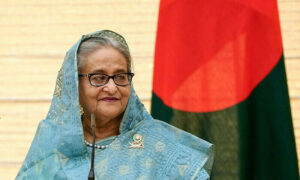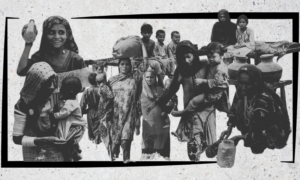Business owners in Pakistan have expressed growing pessimism about their future due to ongoing political turmoil and a new tax-heavy budget, calling Prime Minister Shehbaz Sharif’s government a “worse” manager of the economy, according to a recent survey.
The Gallup Pakistan survey, which gathered responses from 454 small, medium, and large businesses across more than 30 districts in the second quarter of 2024, revealed negative values across all three strands of its Business Confidence Index.
The index showed declines of 4-10% in scores for the current business situation, future business situation, and the direction of the country.
A significant number of businesses criticised the government’s financial plan for FY25, deeming it unfriendly to business, while about two in five businesses identified inflation as their biggest problem.
As in the first quarter, price hikes were the most cited issue, with 37% of business owners urging the government to address it. Inflation soared to 12.6% in June, further eroding consumers’ purchasing power.
More than half of Pakistan’s businesses, 54%, believe the current Pakistan Muslim League-Nawaz (PML-N) government is worse at managing the economy than the previous administration, according to the survey.
“Continued political uncertainty and the recently announced heavy-on-taxation federal and provincial budgets have had a significant impact on business optimism in the country,” said Bilal Ijaz Gilani, executive director at Gallup Pakistan and chief architect of the Business Confidence Index.
The business community, already burdened by various regulatory measures and taxes, expressed serious concerns about the new budget during the survey, Gilani added.
The number of businesses seeking government intervention on taxation issues has increased considerably since the first quarter due to the heightened taxes in the latest federal budget.
Six out of 10 businesses reported crippling load-shedding, with 16% more businesses noting increased power outages due to heavy loads on the power infrastructure in summer. Overall, 61% of businesses reported experiencing load-shedding.
National and global challenges have made economic security a distant dream for Pakistan’s business owners, leading to a 16% drop in the net current business situation score in the second quarter of 2024.
Business owners appeared more pessimistic about the future, with 57% expressing negative expectations and only 43% expecting improvements. The net future business confidence score has declined by 36% since the last quarter, now standing at -14%.
Pessimistic expectations were particularly prevalent among those selling hardware, tools, electrical items, and manufacturing products. Businesses selling home decor, gift items like toys and sports goods, and cosmetics were among the most optimistic.
The net direction of the country score also worsened to -64%, dropping by four percentage points from the previous quarter.
“Only 18% of respondents claimed that the country is heading in the right direction,” the report stated.
A majority of business owners, 54%, criticised the current economic managers from the PML-N government, considering them worse than their predecessors. Meanwhile, 23% of respondents from the manufacturing sector saw no difference between the current and previous governments.
A sweeping majority of business owners, 85%, did not consider the government’s new financial plan a “good budget”. Only 11% of manufacturers and 15% of service providers deemed it business-friendly.
High inflation and poor business conditions led to a 9% increase in employers, particularly manufacturers, reducing their workforce in the second quarter. Six out of 10 businesses reported worse sales this year, with 66% of manufacturers and 58% of service providers noting a decline.
“Governments in Pakistan need to listen and address the voice of business communities across Pakistan,” Gilani urged.







